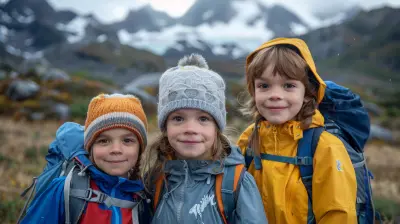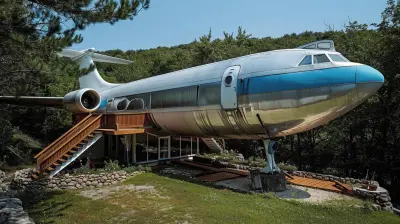The Ultimate Guide to Backcountry Camping
11 June 2025
Backcountry camping is more than just pitching a tent in the woods—it’s about escaping the noise of modern life, immersing yourself in nature, and pushing your limits. If you’ve ever dreamed of waking up to the sound of birds instead of car alarms, or cooking dinner over an open fire instead of a microwave, this guide is for you.
Whether you're a beginner or a seasoned adventurer, this ultimate guide will cover everything you need to plan a safe, exciting, and unforgettable backcountry camping trip. 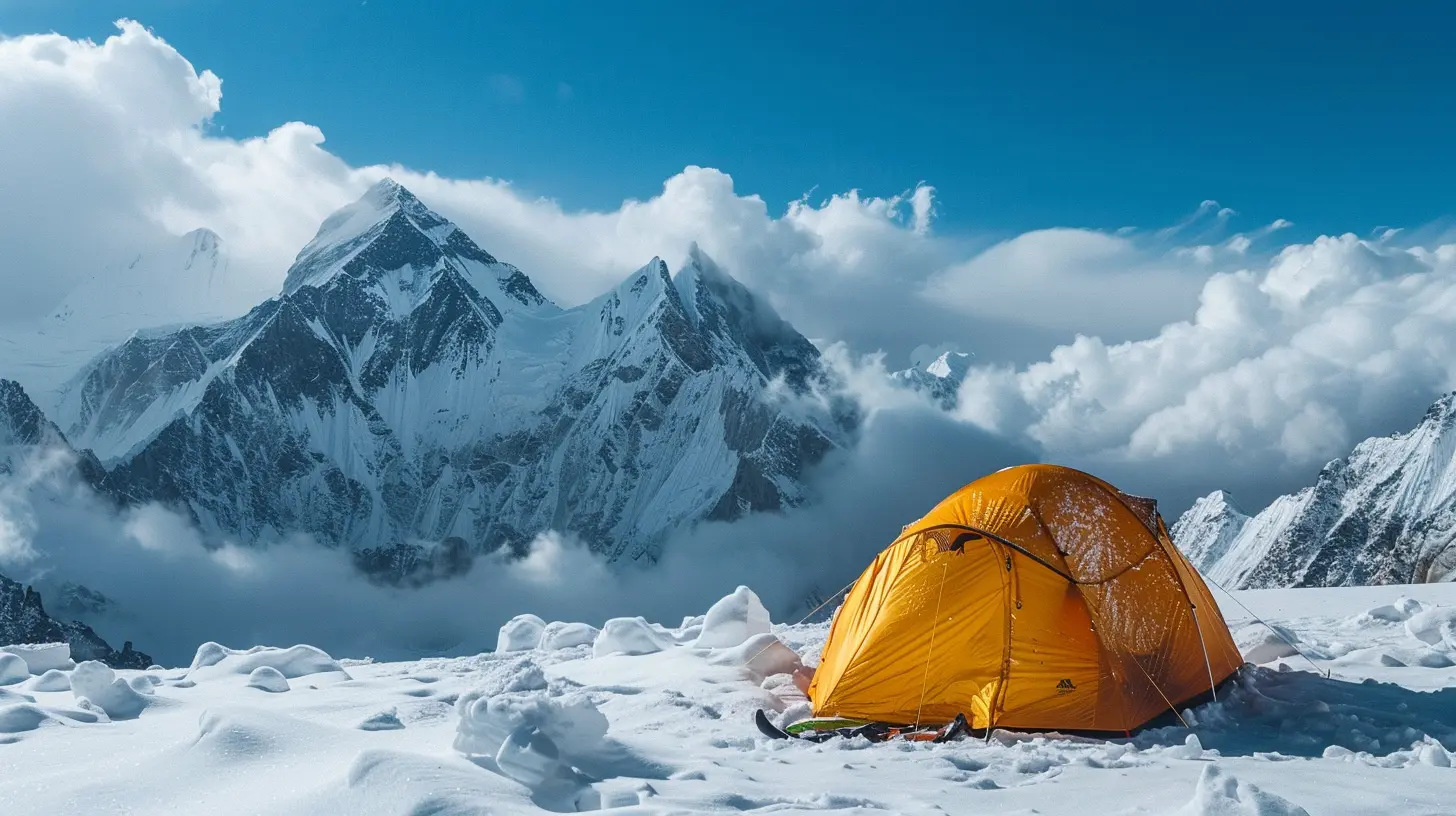
What is Backcountry Camping?
Backcountry camping is all about venturing beyond the beaten path, away from designated campgrounds, and into remote areas where nature dictates the rules. Unlike car camping, where you have access to restrooms, picnic tables, and running water, backcountry camping requires carrying everything you need—and leaving behind all the comforts of civilization.So, why do people do it? Simple! It’s the best way to unplug, reconnect with nature, and enjoy complete solitude. It’s just you, your gear, and the great outdoors. 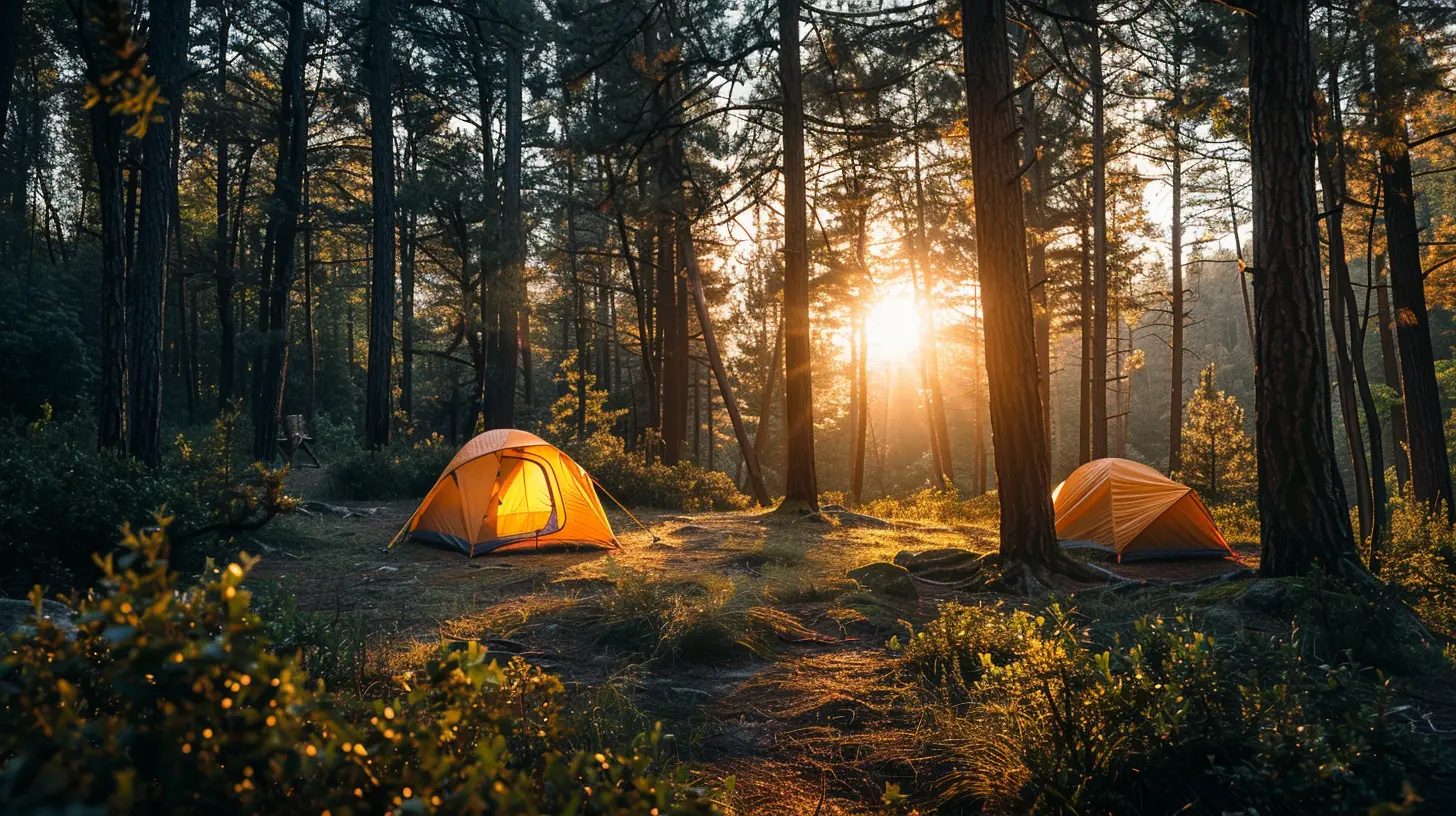
Why Try Backcountry Camping?
If you've never camped in the backcountry before, you might be wondering: what’s the big deal? Here’s why so many adventurers swear by it:- Complete Solitude – No noisy neighbors blasting music or bright city lights ruining the stars.
- Unmatched Scenery – Remote locations mean breathtaking views, untouched landscapes, and pristine lakes.
- True Adventure – It’s a test of survival skills, self-reliance, and physical endurance.
- A Break from Technology – Say goodbye to Wi-Fi and notifications and hello to real connection with nature. 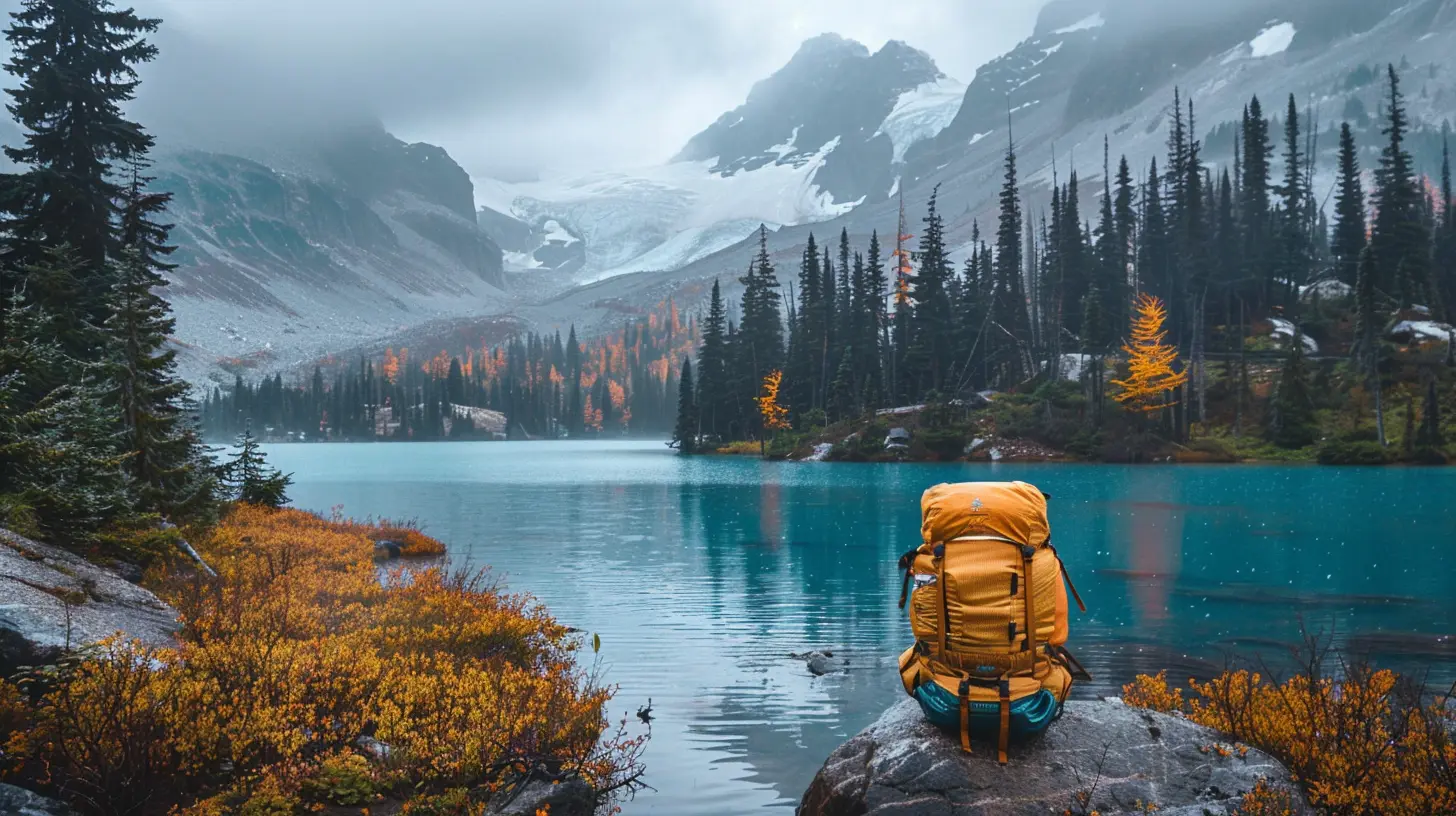
How to Plan a Backcountry Camping Trip
A successful backcountry camping trip starts with solid planning. Here's how to do it:1. Choose Your Destination
Not all backcountry camping spots are created equal. Some require miles of hiking through rugged terrain, while others are more accessible. Consider these factors when picking your location:- Distance & Difficulty – How far can you comfortably hike with a backpack?
- Weather & Season – Research the climate and possible weather conditions.
- Water Sources – Freshwater is crucial. Find out if there are rivers or lakes nearby.
- Regulations & Permits – Some areas require permits, so check ahead of time.
If you’re new to backcountry camping, stick to well-marked trails and established sites before venturing into the wild unknown.
2. Pack Smart (And Light!)
Packing for backcountry camping is all about balance—you want enough gear to stay comfortable, but not so much that your backpack feels like a ton of bricks.The Essentials:
- Tent – Lightweight and weather-resistant.
- Sleeping Bag & Pad – Insulation and comfort matter.
- Backpack – A sturdy, well-fitted pack (50-70L capacity).
- Clothing – Moisture-wicking layers, a warm jacket, and waterproof gear.
- Food & Cooking Gear – Freeze-dried meals, a portable stove, and utensils.
- Water Filtration – A filtration pump or purification tablets.
- Navigation Tools – A map, compass, or GPS (don’t rely on your phone!).
- First-Aid Kit – Blisters, bites, and small cuts happen—be prepared.
Every ounce counts, so be ruthless about what makes it into your pack!
3. Master the Art of Meal Planning
Backcountry camping meals should be lightweight, high in calories, and easy to prepare. No one wants to haul fresh produce and heavy cans in their backpack!Great options include:
- Instant oatmeal for breakfast
- Energy bars, nuts, and jerky for snacks
- Freeze-dried meals for dinner (just add hot water!)
- Instant coffee or tea (because mornings without caffeine are rough)
Pro tip: Always bring a little extra food in case of unexpected delays.
4. Learn Basic Wilderness Skills
Before you head out, brush up on the basics:- Setting up camp – Find a flat, dry area away from water sources.
- Building a fire – Only if regulations allow! Use dry wood and keep it small.
- Reading a map – GPS is great, but signal loss is real!
- Filtering water – Never drink straight from a stream (hello, bacteria).
- Wildlife safety – Store food properly to avoid attracting bears or critters.
Knowing these skills can make the difference between an amazing trip and a survival nightmare. 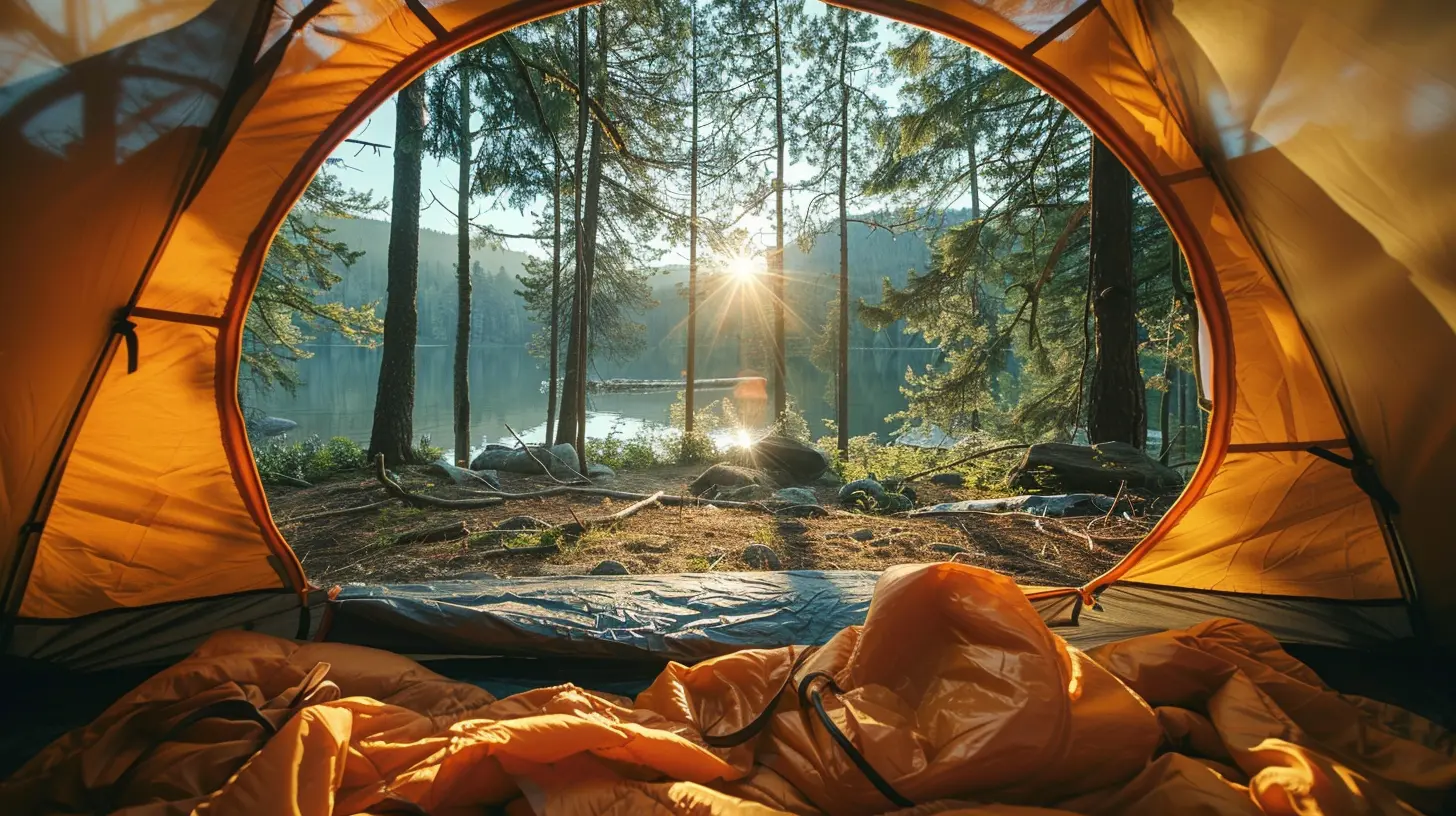
Staying Safe in the Backcountry
Backcountry camping can be unpredictable, so safety should always be a priority.1. Check the Weather
Nothing ruins a trip faster than an unexpected storm. Always check the forecast, and be prepared for sudden changes in temperature.2. Tell Someone Your Plan
Before you leave, give someone details about your trip—where you’ll be, your route, and when you expect to return. If something goes wrong, they’ll know where to send help.3. Be Bear Aware
Camping in bear country? Follow these rules:- Store food in bear-proof containers or hang it from a tree.
- Never keep food inside your tent.
- Carry bear spray and know how to use it.
4. Know How to Handle Emergencies
Accidents happen. Learn basic first aid, carry an emergency whistle, and if you're venturing deep into the wilderness, consider a satellite communicator for emergencies.Leave No Trace: Respecting Nature
One of the golden rules of backcountry camping is Leave No Trace. That means:- Packing out all trash (yes, even food scraps).
- Camping on durable surfaces (not delicate vegetation).
- Keeping fires small and using a portable stove when possible.
- Respecting wildlife—observe from a distance.
Basically, leave everything as you found it so future campers can enjoy it too.
Final Thoughts
Backcountry camping isn’t just another weekend getaway—it’s an experience that challenges you, reconnects you with nature, and leaves you with unforgettable memories. Sure, it takes a little extra planning and effort, but once you wake up to a sunrise in the middle of nowhere, you’ll know it was worth it.So pack your bag, lace up your boots, and go find your adventure. The wilderness is waiting.
all images in this post were generated using AI tools
Category:
Backcountry TravelAuthor:

Kelly Hall
Discussion
rate this article
2 comments
Peregrine McClintock
Great insights! Your tips on backcountry camping inspire me to explore nature more thoughtfully and responsibly. Thank you!
September 9, 2025 at 3:11 PM

Kelly Hall
Thank you so much! I'm glad you found the tips helpful and inspiring. Happy camping!
Oren Mendez
This guide to backcountry camping offers valuable insights for adventurers. It balances practical tips with essential safety advice, making it accessible for both novices and experienced campers. A great resource for exploring the great outdoors responsibly!
June 11, 2025 at 2:52 AM

Kelly Hall
Thank you for your kind words! I'm glad you found the guide helpful for both new and seasoned campers. Happy adventuring!
